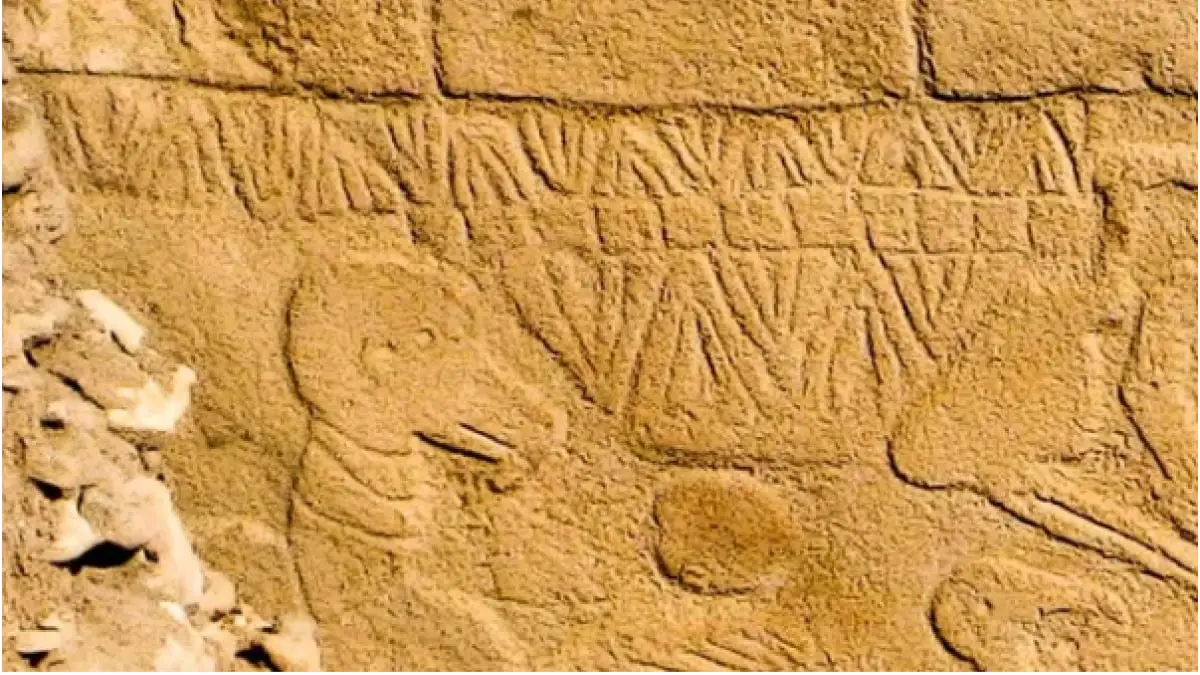Archaeologists have unearthed what is believed to be the world’s oldest Sun-and-Moon calendar, carved into a massive stone pillar at Göbekli Tepe, a renowned archaeological site in southern Turkey. This significant discovery, detailed in a study published on July 24 in Time and Mind, offers new insights into early human timekeeping. The pillar, which dates back nearly 13,000 years, is etched with 365 V-shaped symbols. Researchers interpret each “V” as representing a single day, making this ancient calendar a sophisticated system that includes 12 lunar months plus an additional 11 days.
Deciphering the World’s Oldest Calendar
This design reflects a precise attempt to track the solar year and lunar cycles. Additionally, the pillar features a carving of a bird-like creature surrounded by similar V-shaped symbols. This depiction may represent the summer solstice constellation as it appeared at the time.
Such intricate carvings are thought to have been created around 10,850 B.C., coinciding with a significant comet strike that could have had a profound impact on the climate and culture of the period.
The comet strike is believed to have triggered an ice age, which might have led to major shifts in the society at Göbekli Tepe. This event could have spurred the emergence of new religious practices or cultural shifts, as well as advancements in agriculture to adapt to the colder climate. The creation of this calendar might have been an effort to record and understand these dramatic celestial events.
Martin Sweatman, a study author from the University of Edinburgh, suggests that the comet strike and subsequent environmental changes could have been catalysts for the development of writing systems. The carvings at Göbekli Tepe offer a window into how early humans observed and recorded their world, laying the groundwork for future advancements in human knowledge.
This discovery adds to our understanding of early astronomical and cultural practices in Turkey, revealing the complexity and sophistication of prehistoric societies.
For the latest tech news and reviews, follow Gadgets 360 on X, Facebook, WhatsApp, Threads and Google News. For the latest videos on gadgets and tech, subscribe to our YouTube channel. If you want to know everything about top influencers, follow our in-house Who’sThat360 on Instagram and YouTube.
The resident bot. If you email me, a human will respond. More










